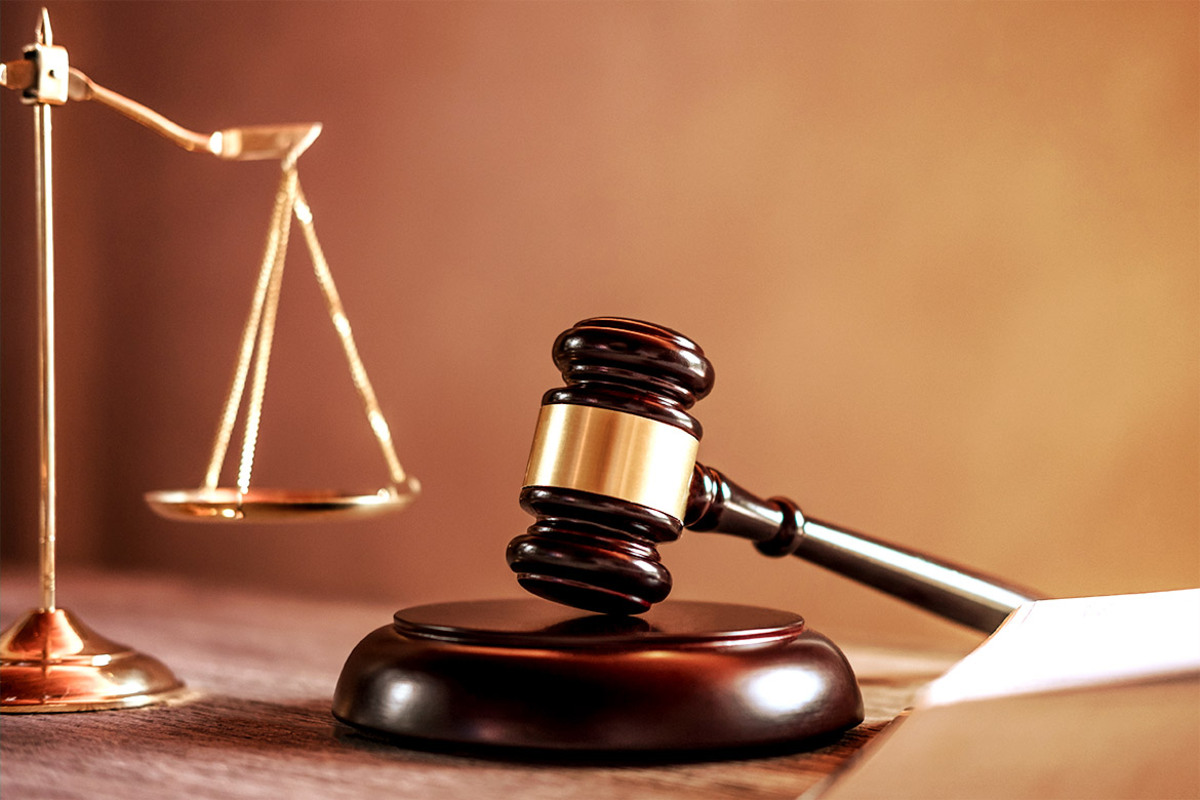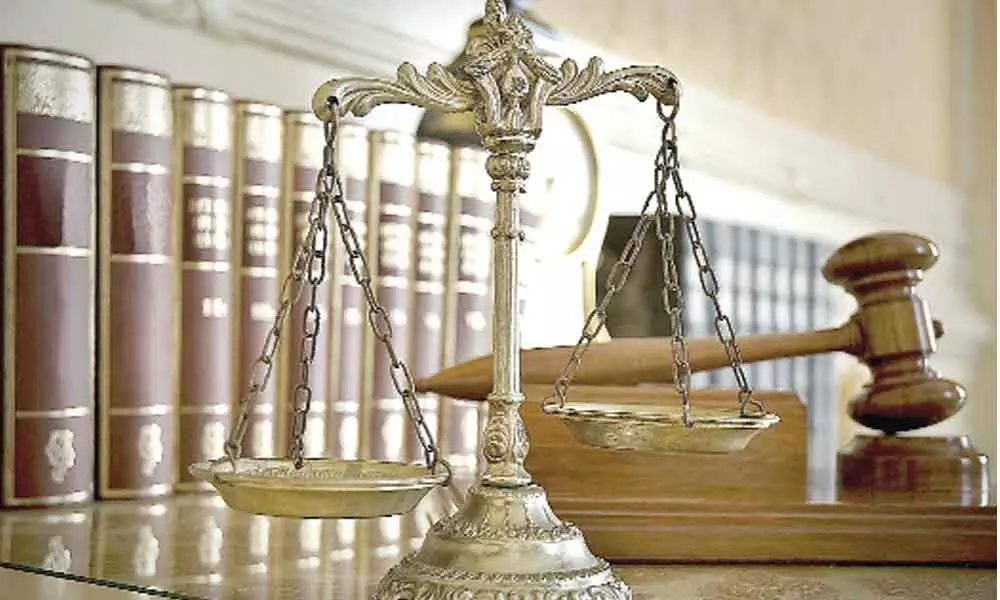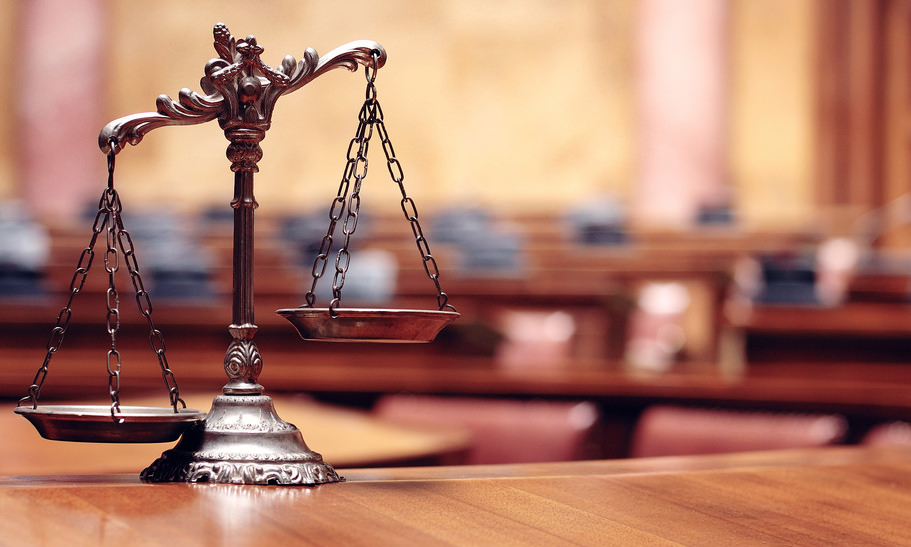Demystifying Circuit Courts: Understanding Their Role in the U.S. Judicial System – Judge Charles Burns

The United States judicial system comprises a hierarchical structure that includes various courts at different levels. Among these courts are the circuit courts, which play a critical role in the federal judiciary. In this article, we will see what Judge Charles Burns thinks.
Understanding Circuit Courts:
Circuit courts, also known as appellate courts or courts of appeals, form an integral part of the federal judiciary system. They are positioned just below the Supreme Court and function as the intermediate level of the federal court system. Circuit courts primarily handle appeals from decisions made by the district courts, which are the trial courts at the federal level.
Structure and Jurisdiction:
- Geographic Divisions: The United States is divided into thirteen judicial circuits, each encompassing specific states or territories. These circuits ensure that all regions of the country have access to appellate review and maintain consistent interpretation of federal laws within their respective jurisdictions.
- Panels of Judges: Each circuit court consists of a panel of judges, typically three or more, who hear and decide on cases. The judges are appointed by the President of the United States and confirmed by the Senate.
- Appellate Jurisdiction: Circuit courts have appellate jurisdiction, meaning they primarily review decisions made by the district courts. They examine issues related to the application and interpretation of federal laws, constitutional questions, and challenges to the decisions of administrative agencies.
Role and Function:
- Reviewing District Court Decisions: Circuit courts are responsible for reviewing the decisions made by the district courts. Parties who are dissatisfied with the outcome or legal interpretation in a district court case can file an appeal to have their case reviewed by the circuit court.
- Appellate Proceedings: Circuit courts conduct appellate proceedings rather than trials. They focus on reviewing the legal issues, arguments, and evidence presented in the original case to determine whether any errors were made that affected the outcome.
- Legal Precedence: Circuit court decisions establish legal precedents within their respective circuits. These precedents provide guidance to lower courts within the same circuit, promoting consistency in legal interpretations and ensuring fair and equitable treatment of similar cases.
- Appeals to the Supreme Court: In cases where a party disagrees with the decision of a circuit court, they can seek further review by filing a petition with the Supreme Court. The Supreme Court has the discretion to accept or decline hearing such cases, and it primarily focuses on issues of national significance or conflicts among circuit courts.
Significance of Circuit Courts:
- Ensuring Consistency: Circuit courts play a crucial role in maintaining consistent interpretations and applications of federal laws within their geographic jurisdictions. Their decisions help establish legal principles and guidelines that shape the outcomes of future cases within the same circuit.
- Resolving Legal Disputes: By providing a venue for appeals, circuit courts offer an avenue for individuals, organizations, and government entities to seek redress for perceived legal errors or injustices that occurred in district court proceedings. This promotes fairness and enhances public trust in the judicial system.
- Alleviating Supreme Court’s Caseload: As intermediate appellate courts, circuit courts help alleviate the caseload burden of the Supreme Court. By providing a level of review before cases potentially reach the highest court, circuit courts contribute to a more efficient and manageable judicial process.
Circuit courts serve as vital components of the United States federal judiciary, ensuring the fair and consistent application of federal laws within their respective geographic regions. By reviewing appeals from district court decisions, establishing legal precedents, and resolving legal disputes, circuit courts play a pivotal role in the overall functioning of the judicial system. Understanding their structure, jurisdiction, and significance provides a valuable insight into the mechanisms that underpin the U.S. legal framework.







